Description
Transmission Fluid Additives: Do They Really Work?
Your transmission is the unsung hero of your car, silently managing the complex task of transferring power from the engine to the wheels. To keep it running smoothly, proper maintenance, including regular transmission fluid changes, is crucial. But what about those tempting bottles of transmission fluid additives promising enhanced performance, smoother shifts, and even extended lifespan? Are they a magic elixir or just an unnecessary expense?
This article dives into the world of transmission fluid additives, exploring their potential benefits, common types, and whether they’re the right choice for your vehicle.
What are Transmission Fluid Additives?
Transmission fluid additives are chemical compounds designed to supplement or enhance the properties of existing transmission fluid. They claim to address various issues, such as:
- Improving fluid viscosity: Modifying the fluid’s thickness for better performance under different temperatures.
- Reducing friction: Minimizing wear and tear on internal components like gears and clutches.
- Cleaning deposits: Removing sludge and varnish buildup that can hinder performance.
- Sealing leaks: Swelling seals to temporarily stop minor leaks.
- Reducing shudder: Smoothing out rough shifts and vibrations.
- Extending fluid life: Protecting against oxidation and degradation.
Common Types of Transmission Fluid Additives:
The market offers a wide variety of additives, each with its own targeted function. Some of the most common types include:
- Friction Modifiers: These additives aim to reduce friction between moving parts, leading to smoother shifts and potentially improved fuel economy.
- Viscosity Index Improvers: These help maintain the fluid’s viscosity over a wider temperature range, ensuring optimal performance in both hot and cold conditions.
- Seal Swell Additives: Designed to soften and swell rubber seals, potentially stopping minor leaks. However, they can also damage seals in the long run.
- Detergents and Dispersants: These additives help clean deposits and prevent sludge buildup, keeping the transmission clean and operating efficiently.
- Anti-Wear Additives: These protect against wear and tear by forming a protective layer on metal surfaces.
The Great Debate: Do Additives Actually Work?
The effectiveness of transmission fluid additives is a subject of ongoing debate. Here’s a balanced perspective:
- Potential Benefits: In some cases, additives can provide temporary relief from certain transmission problems. For instance, a seal swell additive might temporarily stop a minor leak. Friction modifiers could potentially improve shift quality in older vehicles.
- The Downside: The effectiveness of many additives is often short-lived, and some can even cause more harm than good. Aggressive seal swellers can damage seals over time, leading to more significant leaks down the road. Furthermore, some additives might not be compatible with specific transmission fluids or vehicle models, potentially causing further damage.
- Manufacturer Recommendations: Most vehicle manufacturers advise against using aftermarket transmission fluid additives. They engineer their transmissions to work optimally with specific fluids, and adding unknown chemicals can disrupt the delicate balance and void warranties.
When Might an Additive Be Considered?
While generally discouraged, there are a few specific scenarios where an additive might be considered, with extreme caution:
- Older Vehicles with High Mileage: In older vehicles with significant wear and tear, a carefully chosen additive might temporarily alleviate a specific issue, like a minor leak or rough shifting.
- Diagnosing a Problem: In some cases, adding a specific type of additive (e.g., a friction modifier) can help pinpoint the source of a transmission problem by observing its effect on shift quality.
- As a Last Resort: Before opting for a costly transmission repair, a specific additive, after thorough research and professional advice, might be attempted as a temporary solution.
Important Considerations Before Using Additives:
- Consult Your Mechanic: Always consult a qualified mechanic before using any transmission fluid additive. They can assess your transmission’s condition and advise on the best course of action.
- Read the Fine Print: Carefully read the product’s instructions and warnings. Ensure the additive is compatible with your vehicle’s make and model, as well as the specific type of transmission fluid recommended.
- Don’t Expect Miracles: Additives are not a substitute for proper maintenance and repair. They are not designed to fix major mechanical problems.
- Consider the Long-Term Effects: Be aware that some additives can have negative long-term consequences, potentially leading to more costly repairs down the road.
The Bottom Line:
While some transmission fluid additives might offer temporary benefits in specific situations, they are generally not necessary for well-maintained vehicles and can even be detrimental. Regular transmission fluid changes, using the fluid specified by the manufacturer, are the best way to ensure the longevity and performance of your transmission. If you suspect a problem with your transmission, it’s crucial to seek professional diagnosis and repair rather than relying on a potentially risky additive.
Instead of reaching for a bottle of additive, invest in preventative maintenance and professional advice. Your transmission will thank you for it.

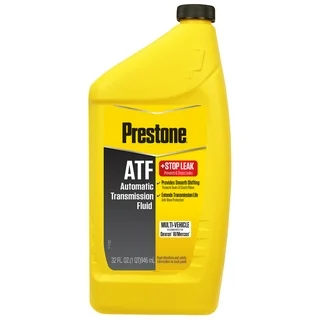
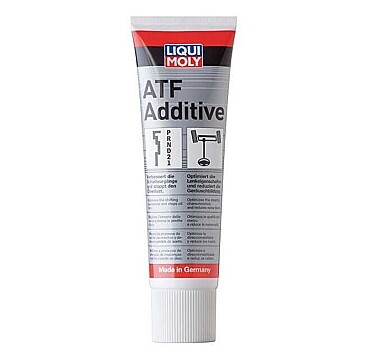
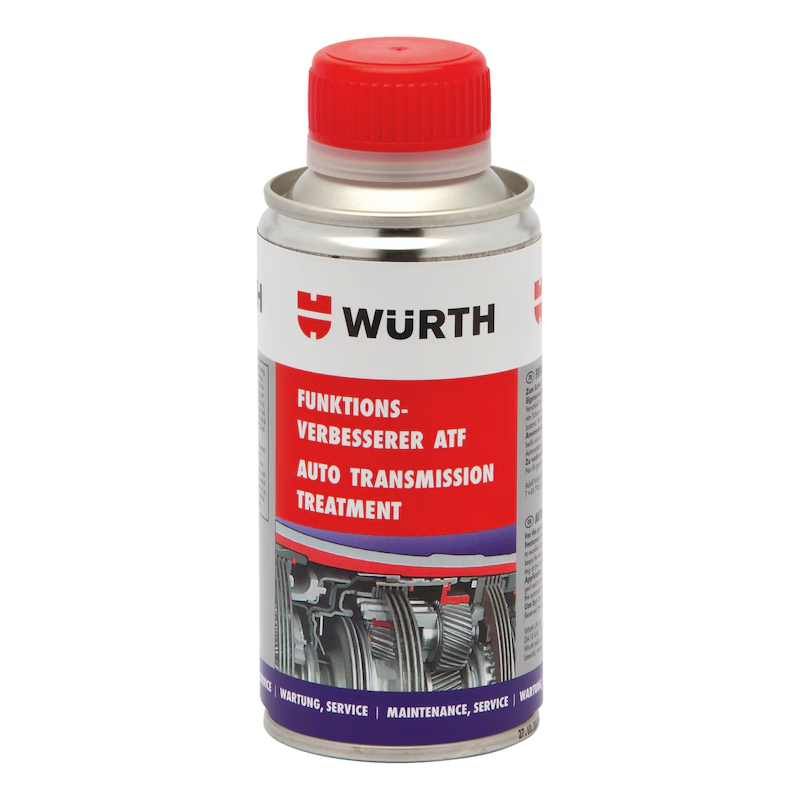
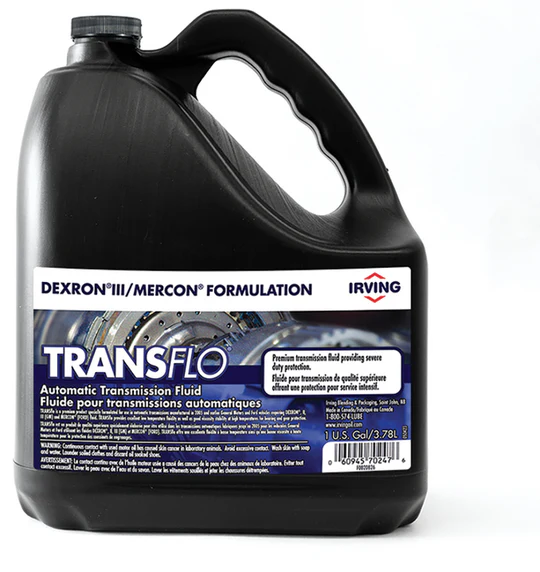
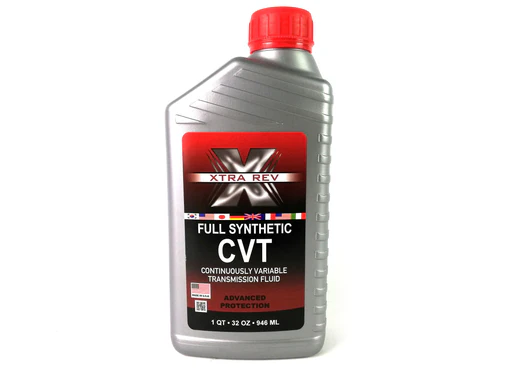
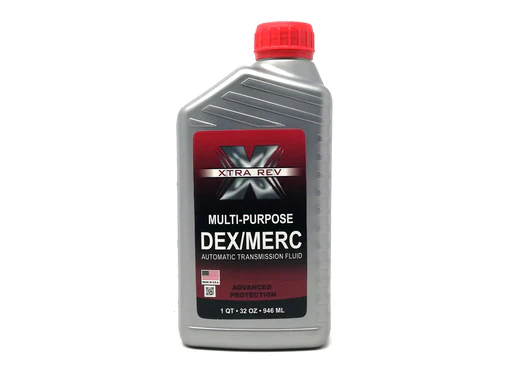

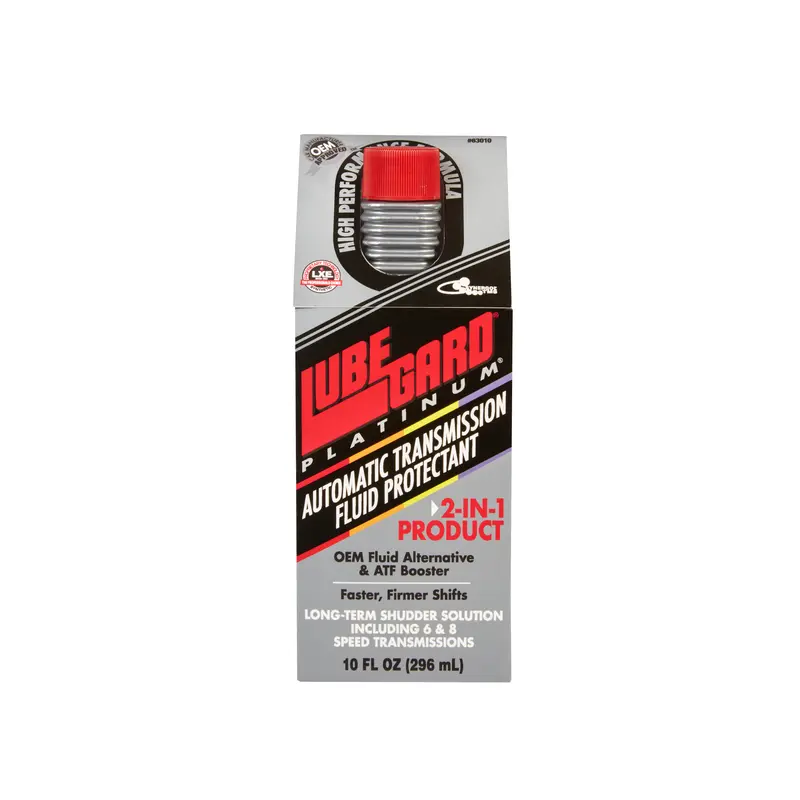

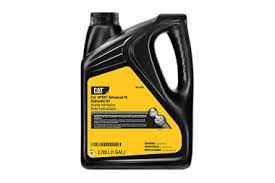
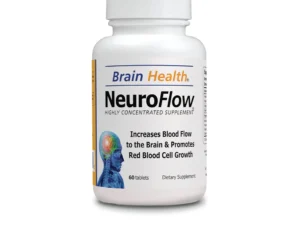

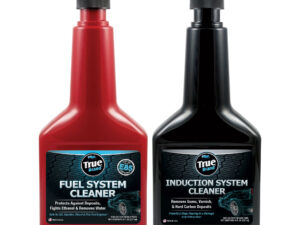
Reviews
There are no reviews yet.